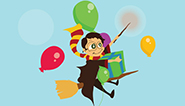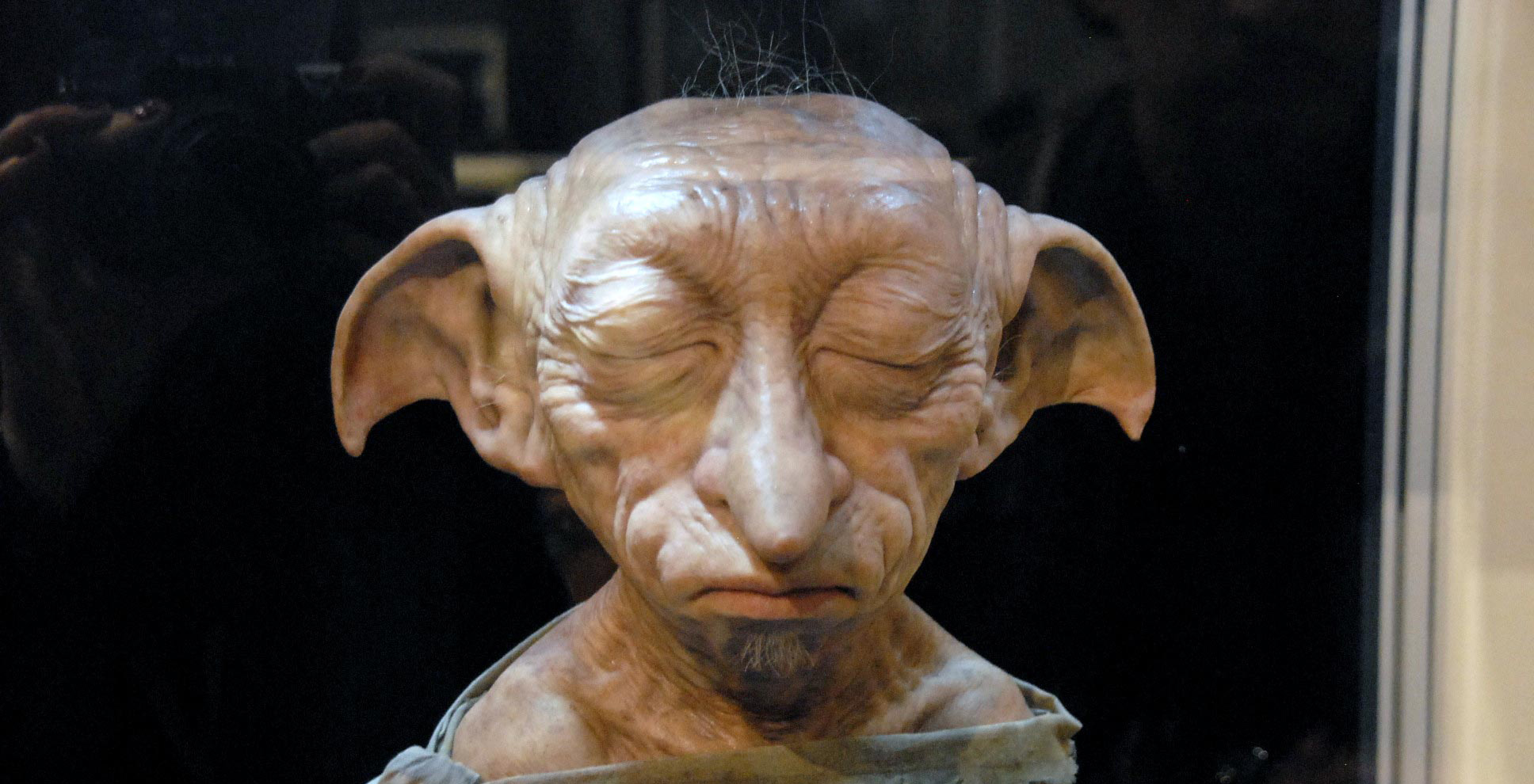Traditionally, death and dying has been a subject which children may well have been shielded and protected from. J.K. Rowling’s books do the very opposite. They are imbued with death, indeed, the very type of deaths which the reader would not expect to experience. The reader lives in a world where they might expect to live into old age and hope to die in their beds. In the world of Harry Potter, deaths are violent and often untimely or, indeed, both. From the death of his parents in the first book to the demise of Fred Weasley in Harry Potter and the Deathly Hallows, we are treated to what Geoffrey Gorer (1955) would call ‘a pornography of death’ with at least one character always in a state of mourning.
The advantage of being bereaved in the world of Harry Potter though is that the divide between the mortal world and the spirit world is fluid. This allows connections to continue between the living and the dead with advice and guidance or information about the past being offered to those who need it. Think, for instance of the ghost of Moaning Myrtle in the Goblet of Fire. So we have here a good example of ‘continuing bonds’ (Klass et al., 1996)– a popular theory of grief which posits that us Muggles retain connections with the dead long after they have died.
In some ways, Harry Potter’s first experience of bereavement is the polar opposite of the bereavement that is the focus of my own research. Harry loses his parents when he is a mere baby – the focus of my interest is in parents who lose their baby – either before birth or very soon afterwards. But there are clear connections. Harry grieves for two people that he cannot remember as being two living, breathing people. The bereaved parents that I interviewed, had no time with a son or daughter who was living and breathing or did but only for a short period of time.
Harry, over the period of the books, pieces together what he can about his parents’ lives. Parents bereaved by stillbirth often create a life story of the life their baby missed – imputing characters and behaviours on them and noting the milestones that they would have had if they had lived. This is the crux of continuing bonds: the dead retain an influence over the living and this is something that we Muggles share with the wizarding world of Harry Potter.
More on death and dying
 This article is part of our Harry Potter collection - a series of academic insights exploring some of the themes, interests and general wizardry in the novels written by J.K. Rowling.
This article is part of our Harry Potter collection - a series of academic insights exploring some of the themes, interests and general wizardry in the novels written by J.K. Rowling.
You can view our Happy Birthday Harry Potter! hub here to read all the articles. Mischief managed!




Rate and Review
Rate this article
Review this article
Log into OpenLearn to leave reviews and join in the conversation.
Article reviews